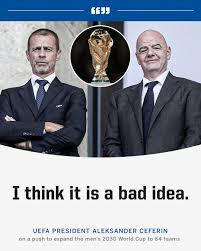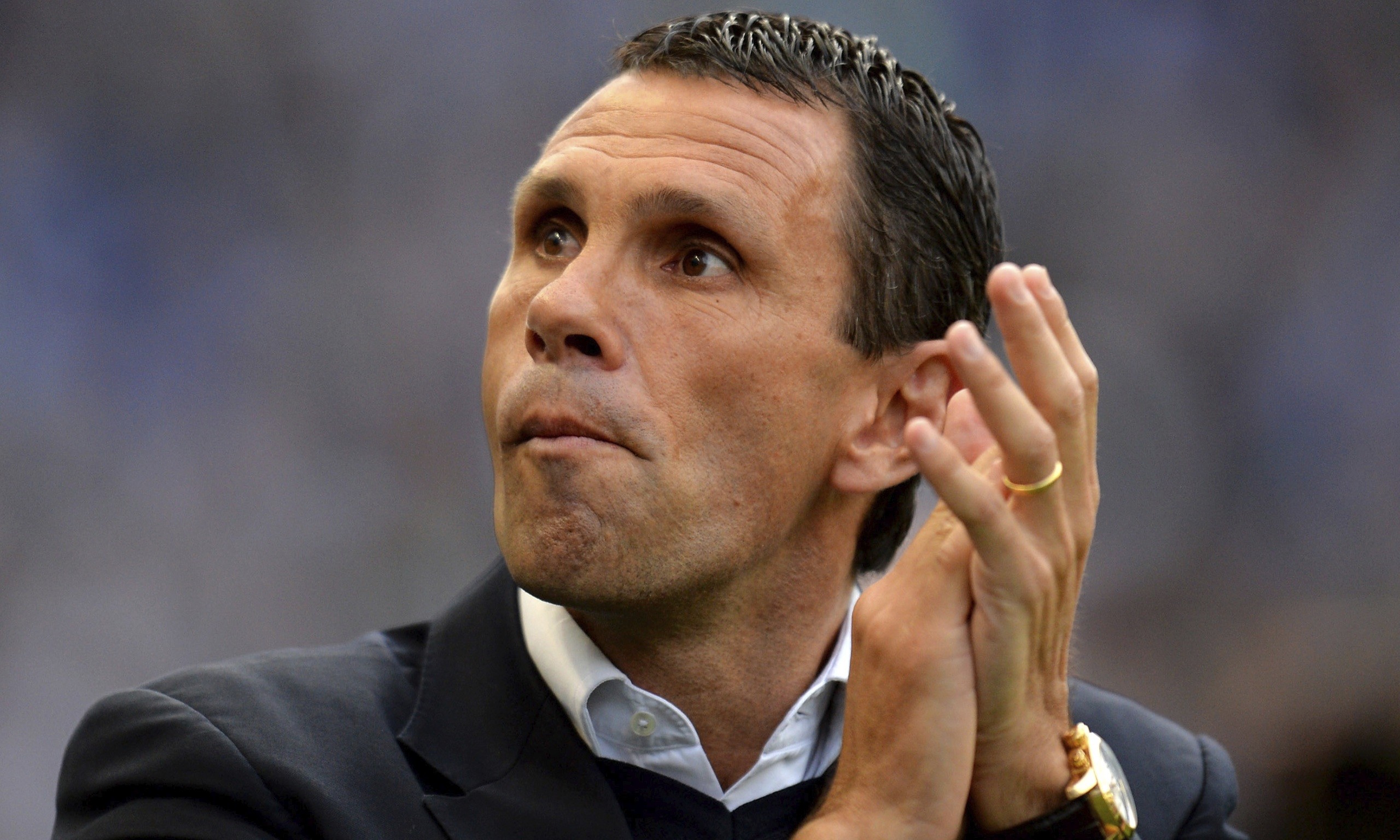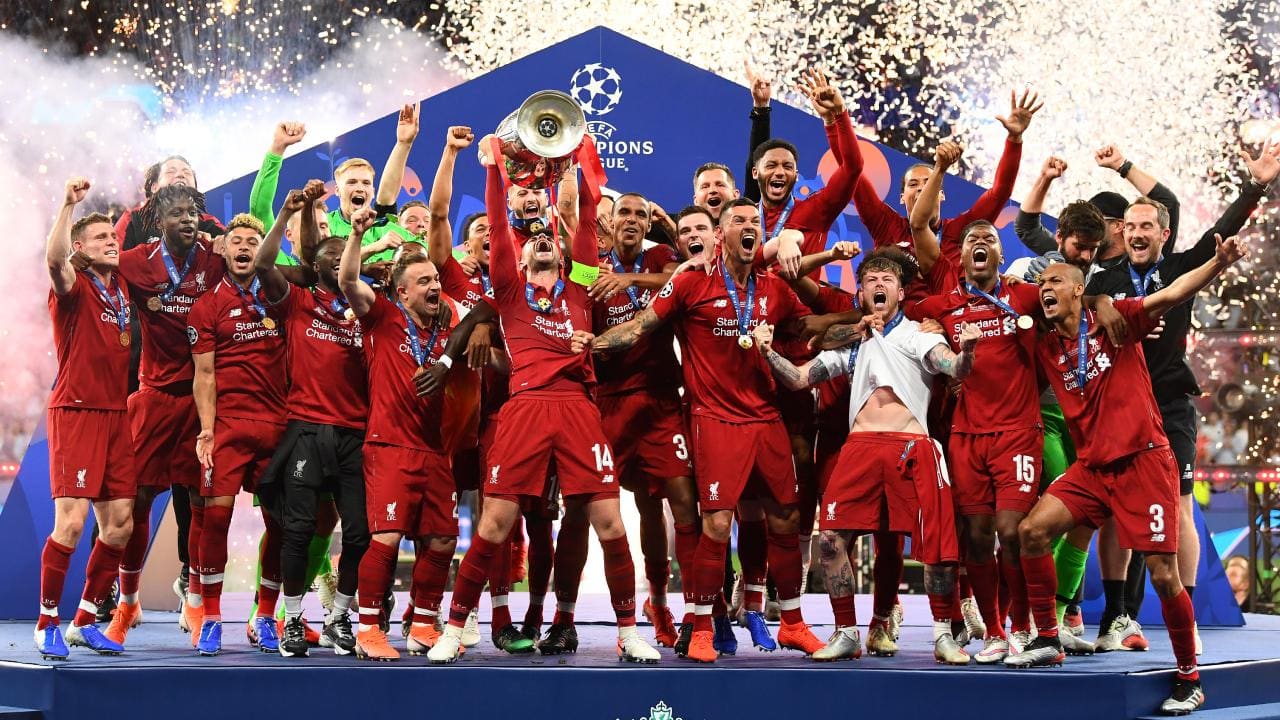
Introduction
The position of UEFA President holds significant importance in the landscape of European football, shaping not only the policies of the sport but also its governance on a continental level. As the governing body of football across Europe, UEFA (Union of European Football Associations) plays a crucial role in managing competitions, establishing regulations, and promoting the game. Current events surrounding the UEFA President provide a glimpse into the future direction of the organisation, particularly as football faces various challenges and transformations.
Recent Developments
As of October 2023, Aleksander Čeferin continues to serve as the UEFA President, having been re-elected for a second term in March 2023. Under Čeferin’s leadership, UEFA has made strides in addressing key issues such as fiscal responsibility, competition reforms, and various social initiatives aimed at promoting inclusivity in football.
One of the notable achievements during his tenure has been the enhancement of the UEFA Champions League format and the introduction of regulations intended to prevent financial mismanagement among clubs. This move follows the controversial European Super League proposal in 2021, which aimed to break away from traditional football governance but was met with significant backlash. Since then, UEFA has emphasised a commitment to maintaining the integrity of football competitions and ensuring fair play.
Challenges Ahead
Despite these achievements, the UEFA President faces numerous challenges moving forward. Issues surrounding fan engagement, pandemic recovery for football clubs, and the increasing influence of private investments present constant pressure to adapt and innovate. The future of competition formats, such as expanding the UEFA European Championship, remains a hot topic among football stakeholders.
Future Directions
Looking to the future, UEFA aims to put a stronger focus on sustainability and the environmental impact of football. The UEFA President has expressed interest in initiatives that align with global efforts to combat climate change, illustrating the association’s commitment beyond just the sport.
Conclusion
The role of the UEFA President is pivotal in charting the course of football governance in Europe. As Aleksander Čeferin continues to lead UEFA, the decisions made at the top will influence a multitude of aspects within the sport, including fairness, financial health, and environmental responsibility. Stakeholders, fans, and clubs alike will remain attentive to the developments within UEFA, particularly given the changing dynamics in global football. As such, the ongoing leadership of the UEFA President will be a focal point for the future trajectory of European football.
You may also like

Charlotte Bankes: A Leader in the World of Snowboarding

Gus Poyet’s Coaching Journey and Future Prospects
